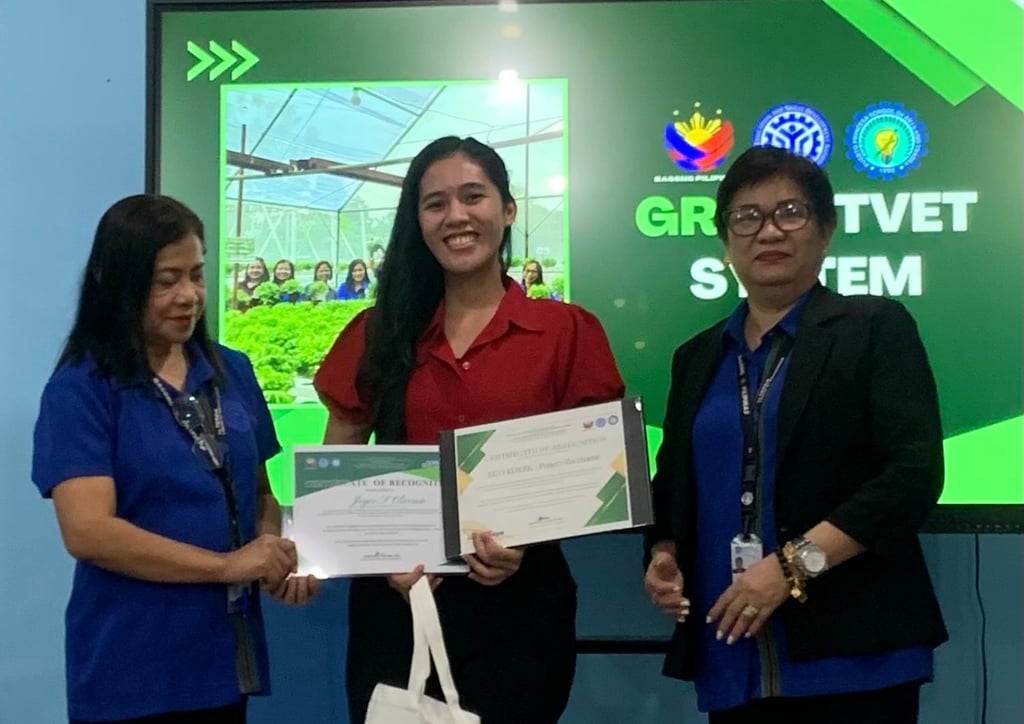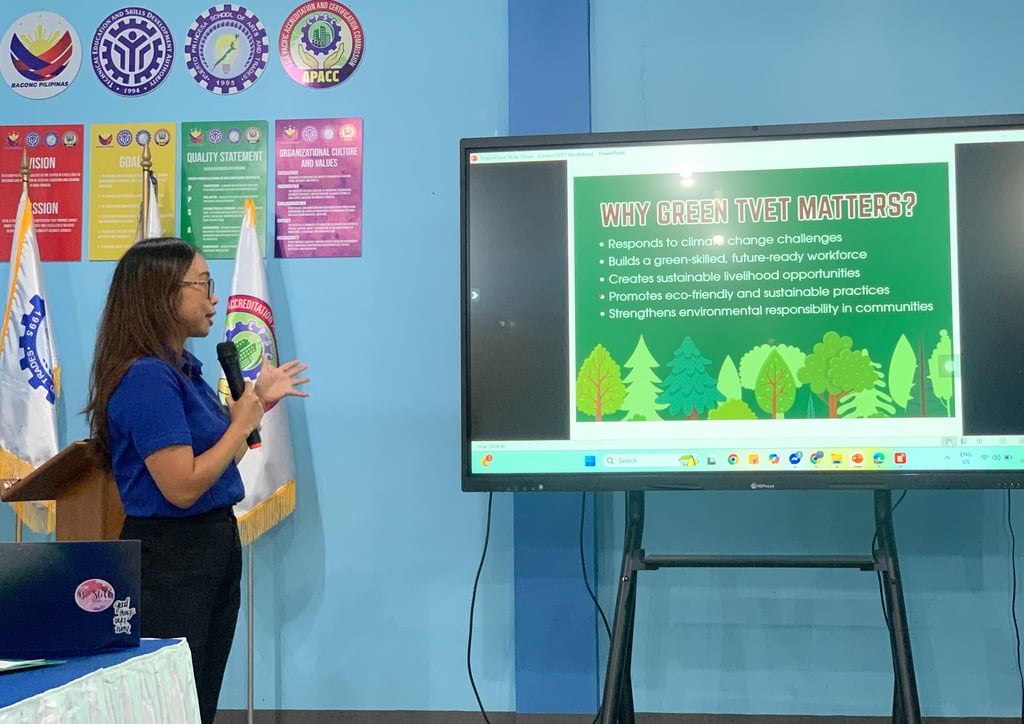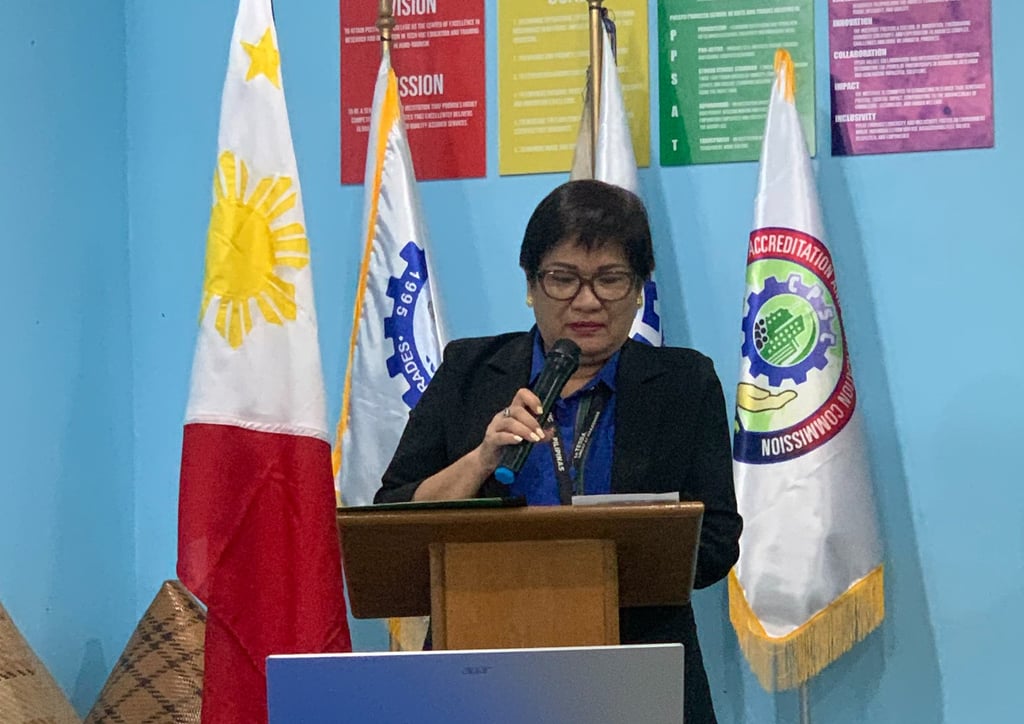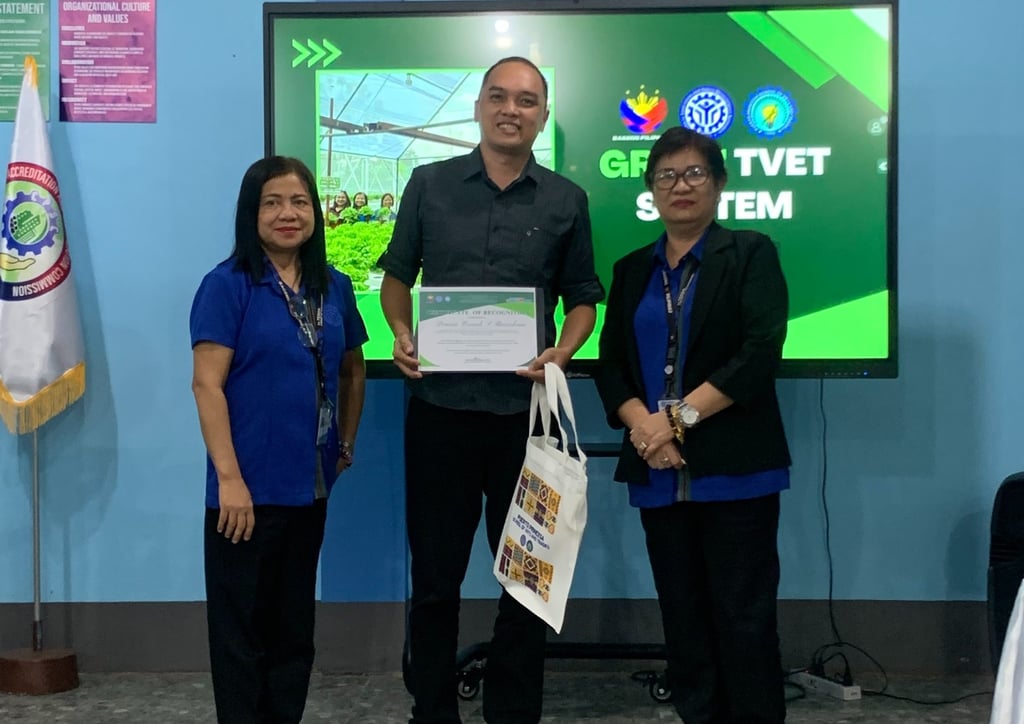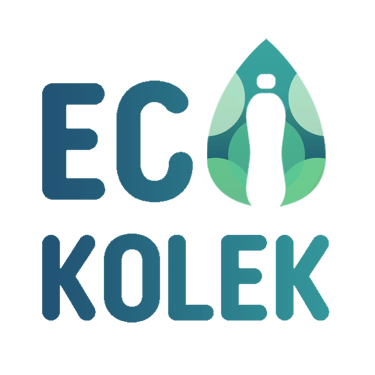Total Recyclables Collected: 308,286 kilos
Training for a Greener Tomorrow: Eco Kolek Pushes Circular Economy into Palawan's Technical EducationYour blog post
A significant step was taken toward building a climate-resilient and green-skilled workforce as Project Zacchaeus (PZC) Eco Kolek participated in the Curriculum Consultation on Green TVET Integration organized by the Technical Education and Skills Development Authority (TESDA). The consultation, held at the Puerto Princesa School of Arts and Trades (PPSAT), aimed to embed sustainability and environmental responsibility into technical-vocational education and training (TVET) programs.
Mitchell Gimena
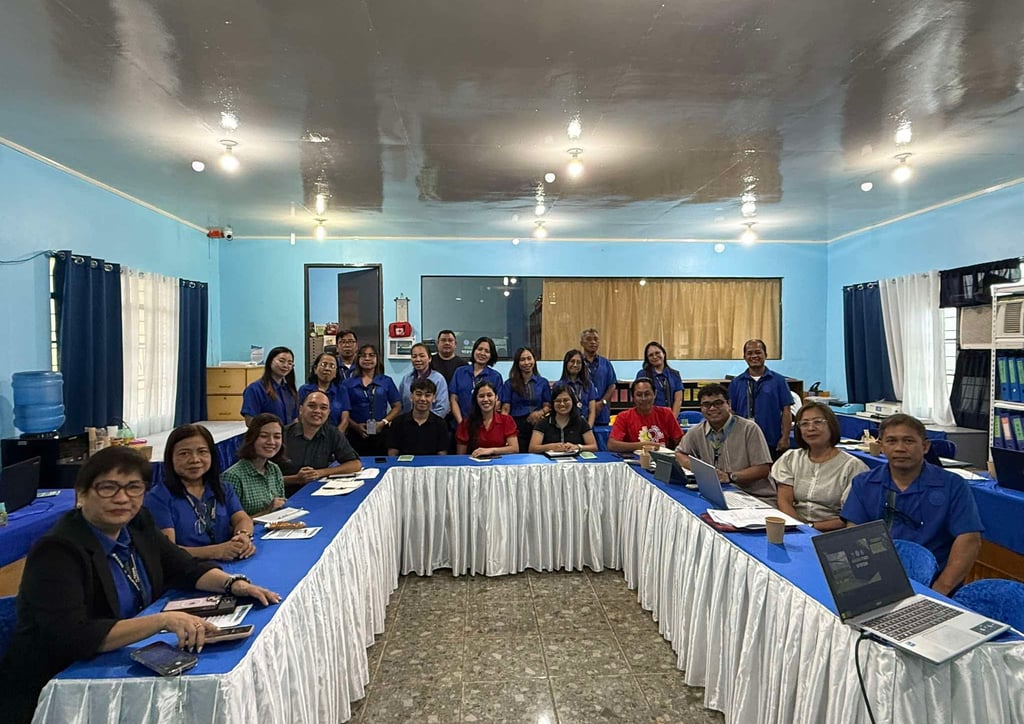

PUERTO PRINCESA, PALAWAN – A significant step was taken toward building a climate-resilient and green-skilled workforce as Project Zacchaeus (PZC) Eco Kolek participated in the Curriculum Consultation on Green TVET Integration organized by the Technical Education and Skills Development Authority (TESDA). The consultation, held at the Puerto Princesa School of Arts and Trades (PPSAT), aimed to embed sustainability and environmental responsibility into technical-vocational education and training (TVET) programs.
The event gathered a diverse group of stakeholders, including TESDA officials, trainers, educators, Palawan State University, the Palawan Council for Sustainable Development, and DENR-CENRO, all focused on aligning workforce development with national sustainability goals.
Progress Must Go Hand in Hand with Sustainability
The consultation was opened by Dr. Sianita C. Tadlas, Vocational School Administrator III, who set the tone by underscoring that progress and sustainability must go hand in hand. She emphasized that Green TVET is crucial for empowering Filipinos with world-class skills while actively nurturing a greener environment.
Ms. Jean Therese A. Galanto, QMS Head and Green TVET Focal, detailed the five core components of Green TVET: Green Campus, Green Curriculum, Green Community, Green Research, and Green Culture, providing a framework for incorporating eco-friendly practices across all facets of vocational education.
From Waste Segregation to Circular Economy Livelihoods
The open forum became the highlight of the consultation, transforming the discussion from academic theory into practical, community-based action. Ms. Joyce Oliverio, Eco-Kolek's Community Engagement Officer, represented the voice of frontline environmental workers.
Ms. Oliverio emphasized the critical importance of waste segregation at the source as a foundational practice for effective waste management in schools, communities, and industries. She highlighted the role of the program's Eco-Warriors in advancing the circular economy approach.
The discussions strongly reinforced the principle of maximizing resource use through the 10 R's of waste management (reuse, repair, recycling, upcycling, etc.) and its direct link to creating sustainable livelihood opportunities. Eco Kolek's participation ensured that the practical challenges and successes of grassroots waste recovery are factored into the development of the formal training curriculum.
A Community-Based Approach to Green Skills
The outcome of the consultation reinforced the need for Green TVET to function not only as an academic framework but as a community-based approach that directly addresses both environmental conservation and economic challenges. By embedding circular economy principles into vocational courses, TESDA and its partners are preparing students not just for jobs, but for green jobs that contribute to environmental stability.
Project Zacchaeus' Eco Kolek continues to strengthen its advocacy for waste management, sustainable recycling, and livelihood generation by forging these strategic institutional partnerships, ensuring that the skills of tomorrow are sustainable today.
